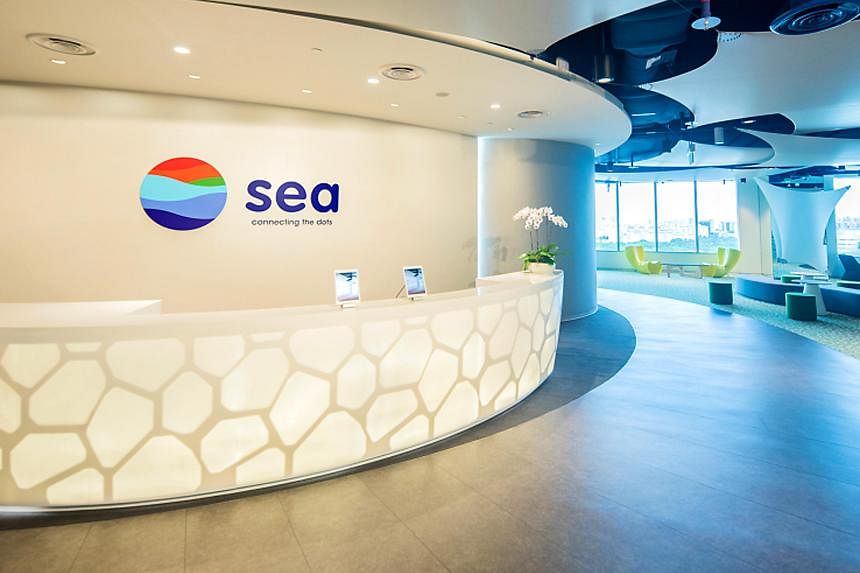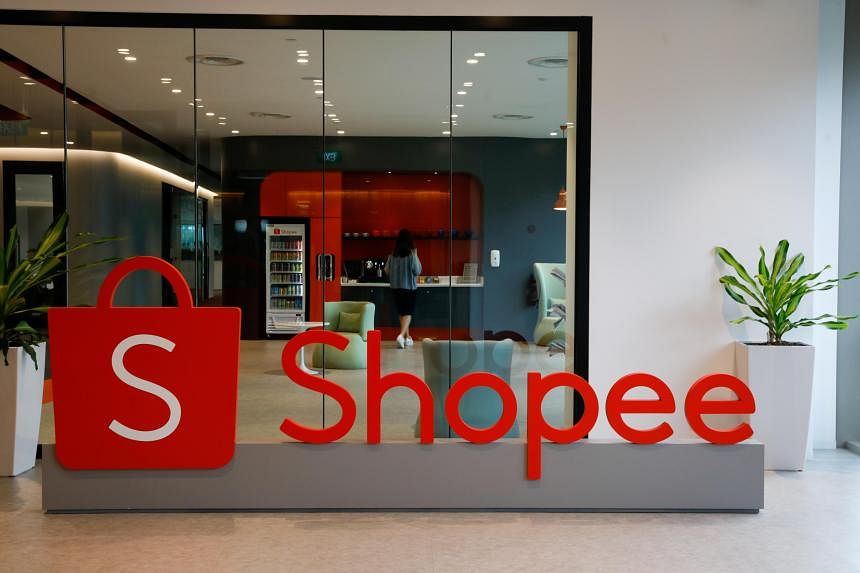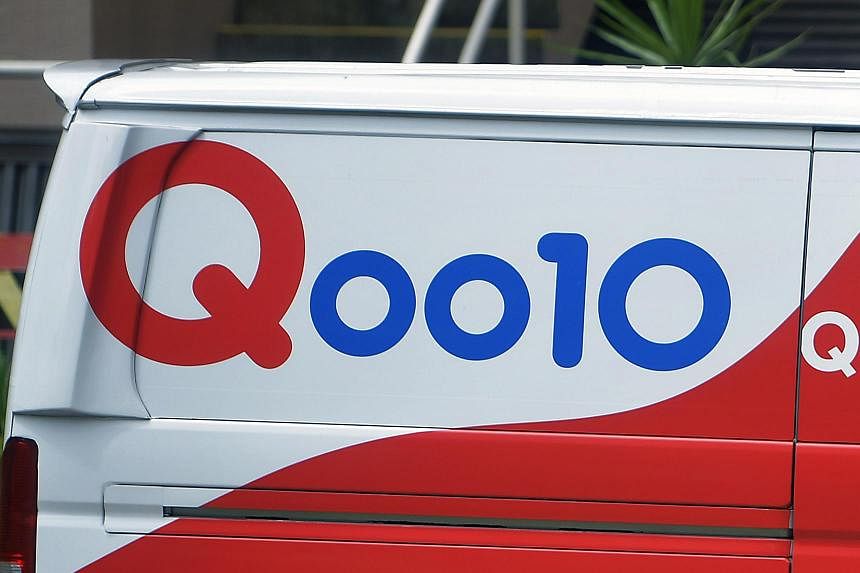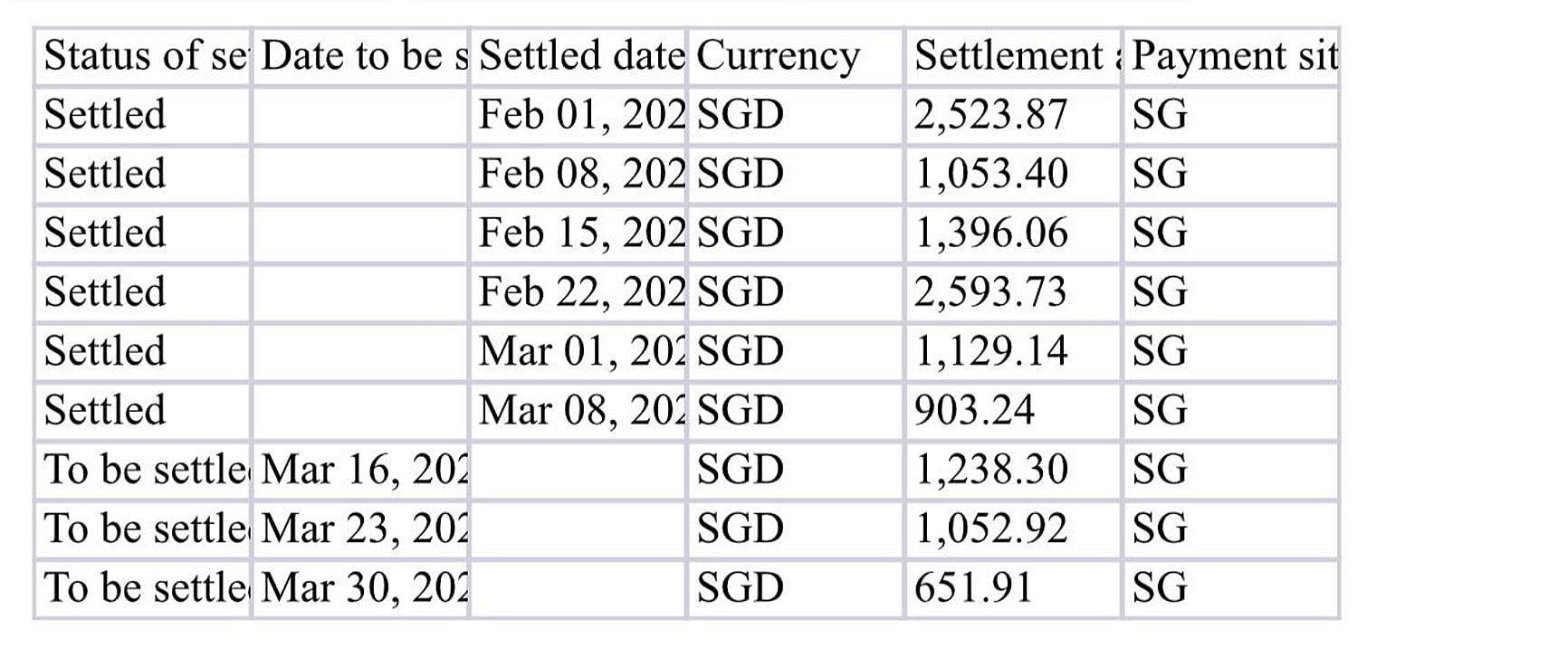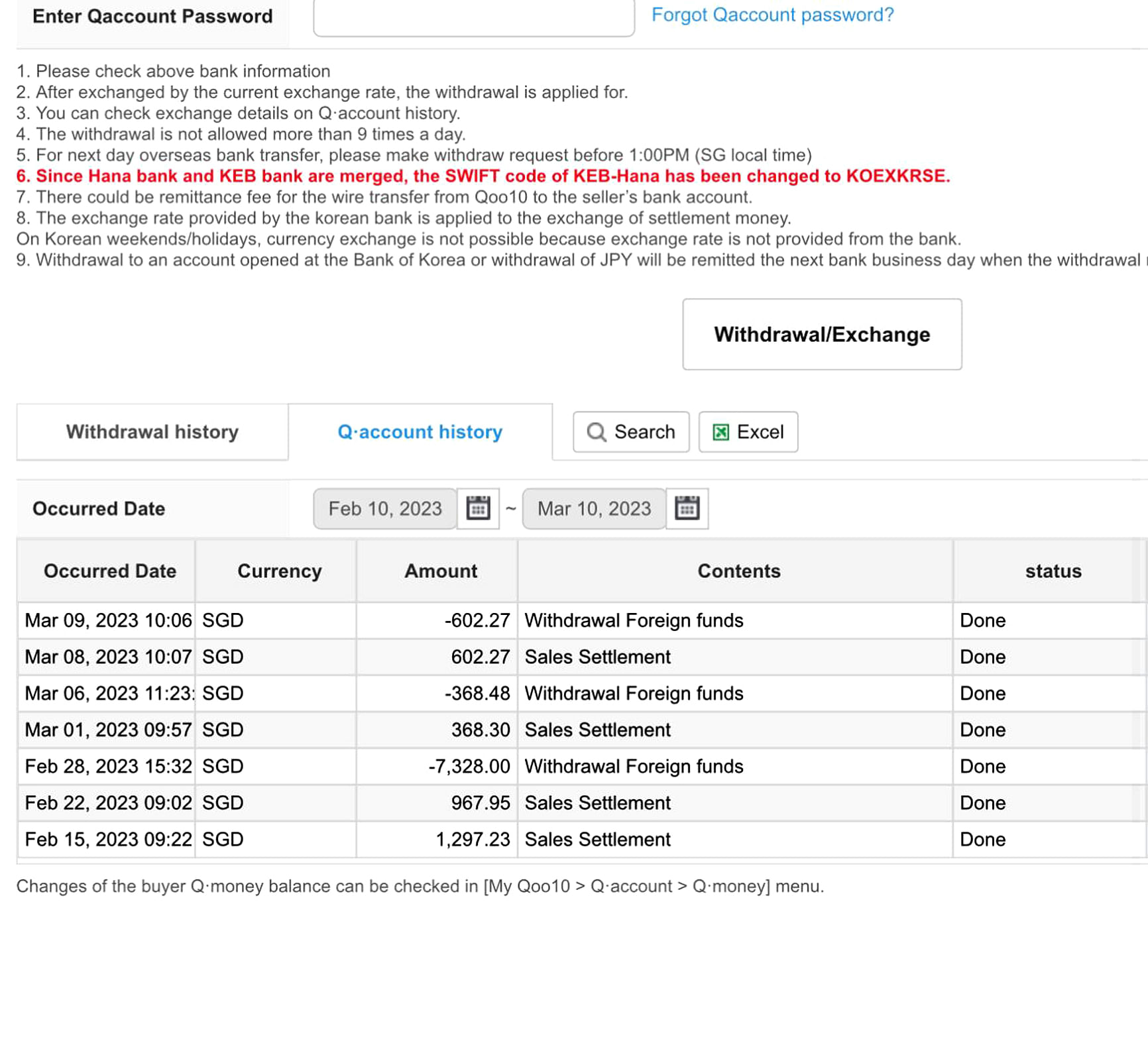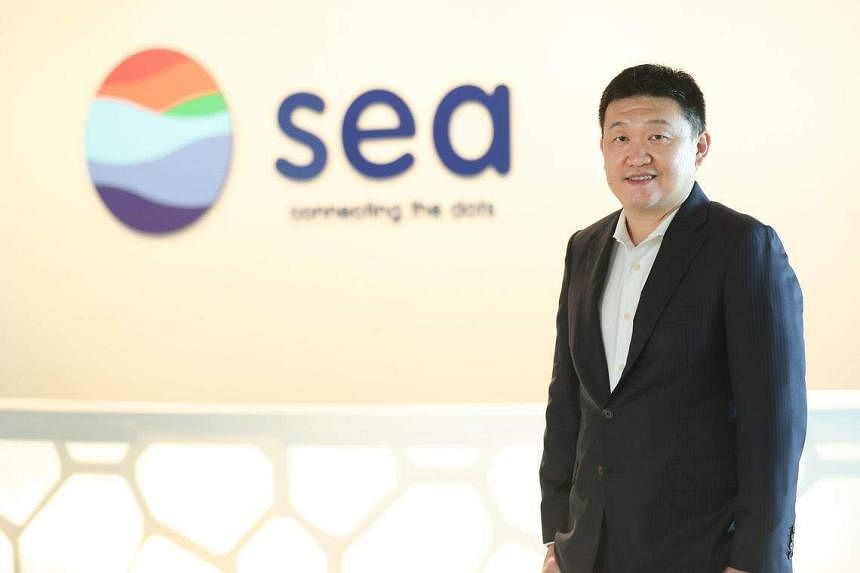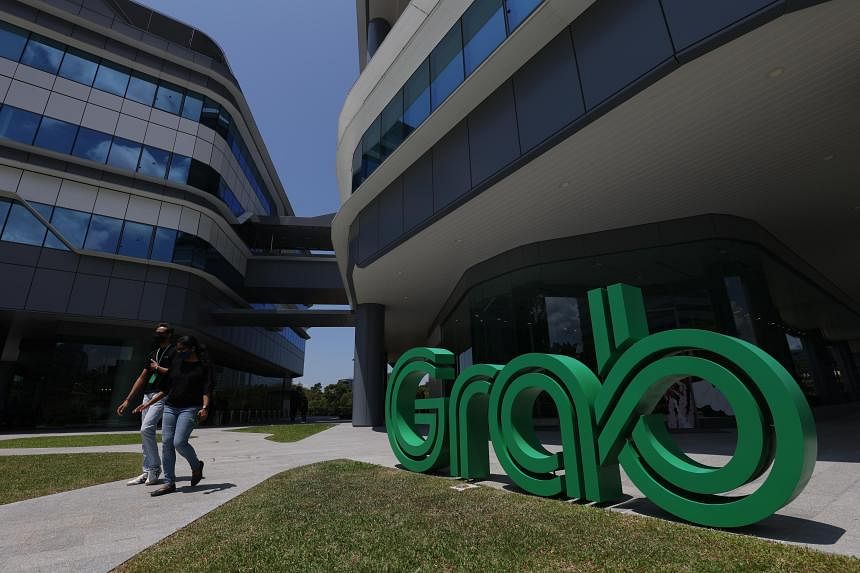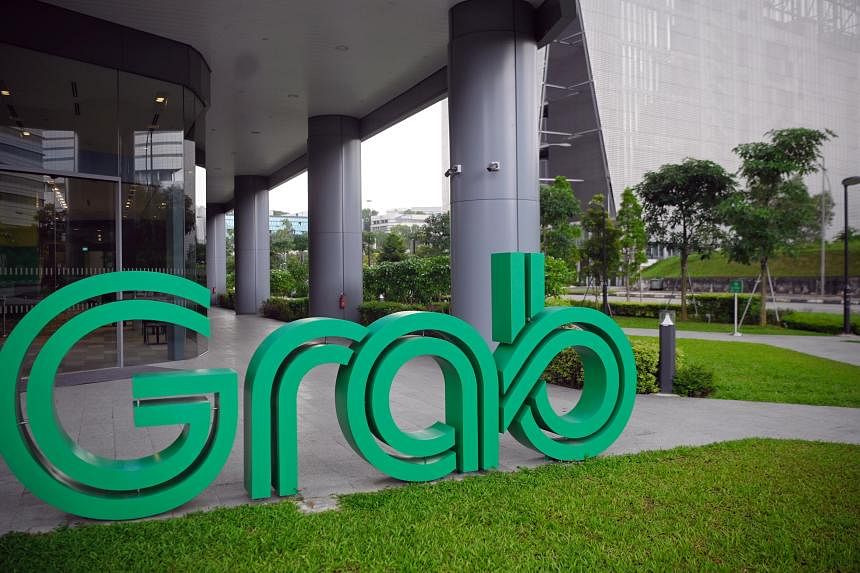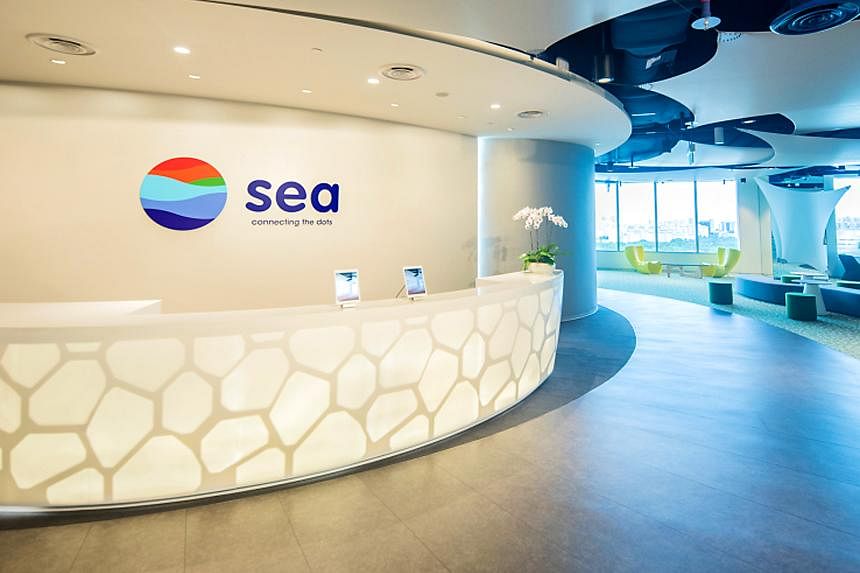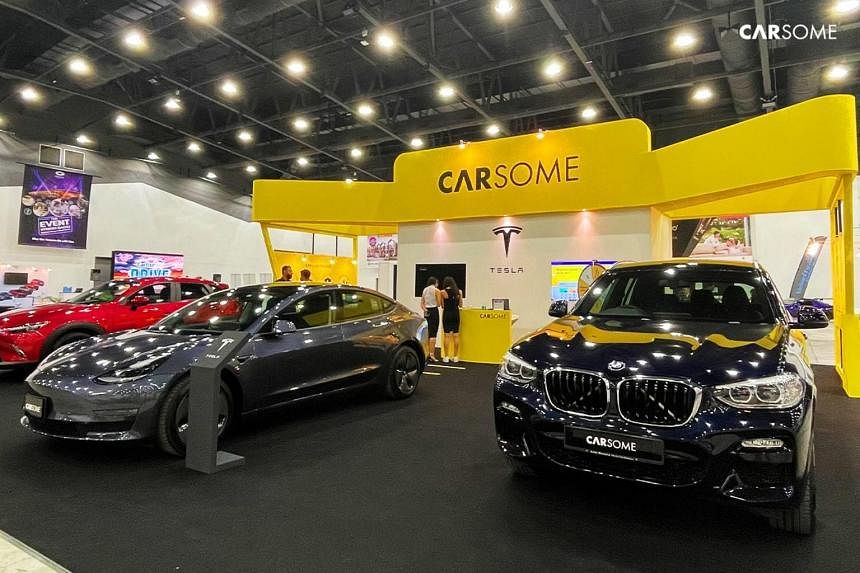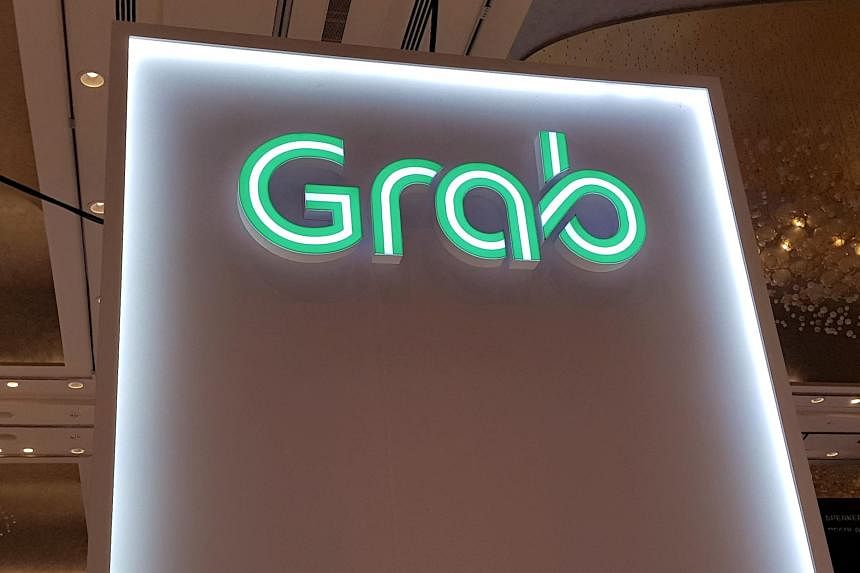Sea’s path to profit paved with layoffs, single-ply toilet paper
Under founder and chief executive Forrest Li, Sea in March reported the first quarterly profit in its 14-year history. PHOTO: BT FILE
MAY 15, 2023
SINGAPORE – Just over a year ago, Mr Forrest Li was laid up in bed with Covid-19, fretting about the future of his company, Sea. So he propped himself up on a pillow to hammer out the latest in a series of memos that would change the course of his business – and perhaps the tech industry.
Sea had been a stock market phenomenon, racing to a market capitalisation of more than US$200 billion (S$267 billion) despite huge losses, but the world had changed. Investors had turned against money-losing technology companies. So Sea had to change with it, Mr Li wrote. With a burning fever and nagging cough, the founder and chief executive of the company told his leadership team that it was time to focus on profit and exit India.
That memo kicked off a sweeping overhaul of Sea over the next few months. The company
laid off roughly more than 7,500 employees, or about 10 per cent of its workforce, although Sea declined to disclose the actual numbers. It froze pay. Mr Li and his leadership team
gave up their salaries altogether.
Business-class flights were banned; everyone would fly economy, no matter how far. Daily meal expenses were capped at US$30, hotels at US$150 a night. Snacks disappeared from offices. Sea replaced the local luxury tea brand TWG with Lipton. In at least some restrooms, two-ply toilet paper gave way to one-ply.
“We cared about every single dollar, every single cent,” Mr Li said at his office in Singapore, his first interview in more than two years. “You can have a big dream and a big ambition, but what if you cannot survive? You always have this kind of noise back in your mind saying we may be running out of money.”
Mr Li’s shock treatment paid off. In March,
Sea reported the first quarterly profit in its 14-year history, US$427 million in net income based on GAAP (generally accepted accounting principles). Its stock soared 22 per cent. Last week, it said it would hand out 5 per cent pay rises to most employees. Sea has now more than doubled its market value since November.
Like so many tech start-ups of its generation, Sea had bled red ink for years. In fact, it had lost more than US$8 billion since its founding to pay for growth in its e-commerce, games and finance operations. For now at least, Sea is setting a different kind of example: It is demonstrating that if your underlying business is sound and substantial, you can pull back on subsidies and expansions to break even.
This is proving a challenge for rivals. Among Sea’s regional competitors, Singapore’s Grab Holdings is still losing more than US$300 million a quarter, while Indonesia’s GoTo Group’s losses exceed US$250 million. Sea may also cause trouble for global tech giants like Alibaba Group Holding and Amazon.com, which are both seeking growth in emerging markets.
“What you are seeing is a separation of proper, monetisable business models from something that is a work in progress,” said Mr Amit Kunal, managing partner of Growtheum Capital, a private equity firm in Singapore, speaking broadly about the tech industry. “Sea read the market much earlier, took appropriate steps – and delivered.”
Mr Li had a premonition that trouble was coming. Back in November 2021, he hosted his leadership team at his Singapore home for dinner to mark his 44th birthday.
They had much to celebrate. Sea’s shares had surged to a record in October, giving the firm a valuation of more than US$200 billion, aided by a pandemic-induced boom for its online gaming unit Garena and e-commerce business Shopee. At one point in 2020, Sea was the best-performing stock in the world.
But even at the dinner, Mr Li saw ominous signs. He noticed that on Free Fire, the company’s popular multiplayer mobile game with 150 million daily users, people were beginning to spend less time and money as Covid-19 restrictions eased. The celebration turned into a debate about how the world would change after the pandemic.
Then in February 2022,
India abruptly banned Free Fire, along with dozens of Chinese apps, amid rising tensions between the two countries. While Mr Li is a Singapore citizen and has based his company here, he is originally from north-eastern China and Tencent Holdings is a major shareholder. It was a huge setback in a key growth market.
In March 2022, when Mr Li talked during a quarterly earnings call about plans to still pursue growth, investors dumped Sea shares. The firm lost more than 45 per cent of its market value in five days. For Mr Li, it was a wake-up call that things were worse than he had thought. That was when he wrote the sombre memo to his team from his sickbed.
Mr Li and his senior team went into crisis mode. They began huddling every month to discuss cash flow projections, along with their regular weekly meetings. They spun through 200 different versions of financial forecasts in 2022, Mr Li said in the interview, akin to rewriting the budget every two days.
In addition to layoffs and salary freezes, Sea pulled out of Europe and most countries in Latin America.
The fallout was traumatic for some. In August, a Chinese engineer posted on his WeChat account that Shopee had rescinded his job offer – just after he landed at Singapore’s airport with his wife and dog. Amid a storm of negative publicity, Shopee apologised and compensated him for his losses.
Employees resorted to taking money out of their own pockets to organise team events to boost morale, according to one employee, who asked not to be named as they are not authorised to speak publicly. Another described the gruelling period as “cockroach times”.
Mr Li leaned on internal memos during the crisis to communicate with employees and explain what he was trying to accomplish. In an all-staff memo in September, he said top management would forgo any cash compensation until the company reached “self-sufficiency”.
“We can now see that this is not a quickly passing storm,” he wrote in a 1,000-word missive at the time. “With investors fleeing for ‘safe haven’ investments, we do not anticipate being able to raise funds in the market.”
At one point, Sea was proud that it could offer employees the fanciest tea in Singapore, among perks commensurate with the tech giants of Silicon Valley, Mr Li said in the interview. Now, he wants to break that mindset: Sea has to compete on cost with the likes of Amazon, where early employees famously forged desks out of Home Depot doors because they were cheaper.
“We are going to continually push down the costs,” he said. “It is not just for saving but for running the business more efficiently. This is going to be the long-term mode for us.”
While Mr Li acknowledged that the road has been difficult, he said he has no doubt that Sea can reach break-even. He said the company’s path, in many ways, traces the precedents of Amazon and its founder Jeff Bezos.
Amazon consistently lost money during its first years as a public company, with Mr Bezos maintaining that investing in growth was more important than quarterly earnings. Similarly, Sea built Shopee by burning more than a billion dollars a year before overtaking local e-commerce pioneer Tokopedia in Indonesia and Alibaba’s Lazada in South-east Asia.
Mr Li argued that Sea has a unique opportunity to bring e-commerce to emerging markets, the kinds of places where Amazon may be at a disadvantage. Success in these countries can depend on serving customers who live on remote islands, finding a payment solution where few people have credit cards or delivering parcels where there are no proper roads or postal codes.
“It is probably hard for the Silicon Valley innovator to think about those issues specifically,” he said.
While much of Sea’s expansion is in Asian markets like Indonesia, Mr Li also thinks the company has an advantage in Brazil, where Shopee has had success since launching in 2019. With its 214-million population and decent per-capita income, he thinks the country is Sea’s most promising growth market.
“We spent a lot of money when capital was relatively cheap and available, and it is kind of an almost 10-year effort,” Mr Li said of Brazil.
These days, Mr Li said he is splitting his time between Singapore and California to stay close to the “mind-blowing” artificial intelligence (AI) revolution that is taking place in Silicon Valley. He believes AI will play a big role in replacing much of the repetitive work for Sea’s e-commerce, gaming and fintech businesses. Gaming, in particular, is probably ahead of online shopping in terms of how people use AI to develop and play games by making it more interactive and immersive, he said.
As the interview at Sea’s headquarters wound down, Mr Li was asked whether the company will be able to keep turning a profit every quarter. He cocked his head to the side and, with a laugh, said he cannot reveal too much since Sea is in a quiet period ahead of first-quarter results on Tuesday.
But that is not really the point, he added. The key thing is that Sea has been able to demonstrate for employees and investors that it can reach break-even when it has to. So now, it can calibrate growth and profit depending on strategic priorities.
“The numbers show that the destiny is in our own hands,” he said. “We sleep very well now.”
BLOOMBERG
